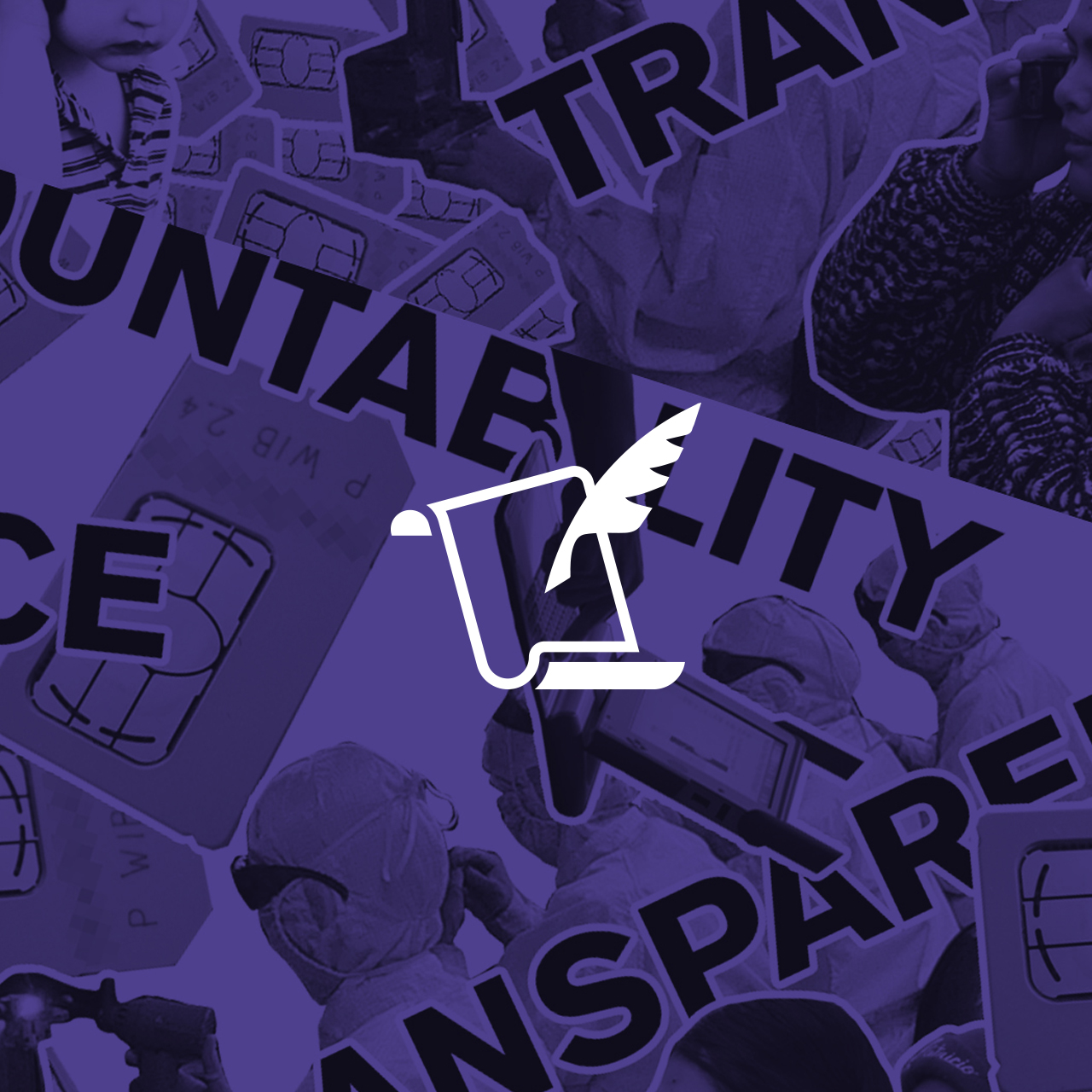
Last month, Twitter released its most recent transparency report, and it provides important insights into the evolving issue of freedom of expression online. The report confirms that Turkey has become a hotbed of censorship since Tayyip Erdogan was sworn in as President in August 2014 and launched a crackdown on the media.
Silencing Tweets in Turkey
Twitter has approximately 288 million average monthly users around the world, and recently published the 2015 edition of its transparency report covering the second half of 2014. The company has 8 million users in Turkey, which represents less than 3 percent of Twitter’s worldwide user base. However, the country leads on requests for content removals, with 477 of the total 796 requests worldwide.
Twitter reported a 50 percent compliance rate with content removal requests from Turkish authorities. Overall, Turkey’s removal requests accounted for around 92 percent of all tweets withheld around the world. This is despite the fact that Turkey banned Twitter for a brief period in the first half of 2014, until Turkey’s highest court overturned the ban.
Twitter can un-block content within a country, which it calls “un-withholding.” In the second half of 2014, Twitter fought in Turkish courts to un-withhold three accounts and 196 Tweets. In response to barriers to free expression online, two leading Turkish academics, Yaman Akdeniz and Kerem Altiparmak — who previously fought in the Turkish Constitutional Court against the March 2014 ban of Twitter — filed a legal notice to Twitter, where they argued that Twitter should “abandon all blocking practices including the implementation of the country withheld content policy.”
Twitter’s “country withheld” policy
Twitter’s Country Withheld Policy is a method that ensures that tweets are only removed from the feeds of the users based in the specific country where the removal request was submitted. These tweets remain available to users around the world. During the last six months of 2014, approximately 1,820 Turkish tweets were subject to Twitter’s country withheld policy. Savvy Turkish users can use circumvention tactics such as Virtual Private Networks (VPNs) or anonymizers including Tor to evade the policy. But this, too, is dangerous, since authorities recently investigated an individual who suggested that people should use VPNs to communicate anonymously.
Russia in close second
Russia, with its own internet freedom issues, came in second to Turkey on Twitter’s transparency report with 91 requests, several of which were denied by Twitter and labeled as attempts to “silence popular critics of the Russian government” and to “limit speech about non-violent demonstrations in Ukraine.”
Turkey and Russia unfortunately share a common goal of weakening of digital rights protection. In 2014, the countries dropped the furthest in Freedom House’s Freedom on the Net index. In fact, less than a month after Twitter disclosed Turkey’s increasing removal requests, Turkey imposed a blanket ban on a total of 49 websites, including the official pages of Charlie Hebdo and the Turkish Atheism Association, a civil society group.
Disclosures help, but they’re not enough
To be clear, we would not even have this disturbing information without Twitter’s ongoing and deep commitment to transparency. Reporting on the number of content removal requests and compliance rates sheds light on digital rights around the world.
Yet disclosures alone will not protect users at risk. Compared to the first half of 2014, Twitter received an 84 percent increase in content removal requests worldwide. The increase has been fueled mostly by Turkey, Russia, and Germany, and is the result of diminishing respect for freedom of expression online, even by governments that are democratic and that ostensibly respect human rights.
We’ll be examining transparency reports during a special panel discussion at RightsCon, our signature digital rights conference. We hope to see you there for a provocative conversation.
